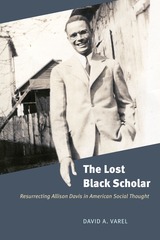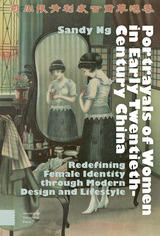
This study revolves around the career of Kobayashi Hideo (1902–1983), one of the seminal figures in the history of modern Japanese literary criticism, whose interpretive vision was forged amidst the cultural and ideological crises that dominated intellectual discourse between the 1920s and the 1940s.
Kobayashi sought in criticism a vehicle through which to rhetorically restore to the artistic work an aura of concreteness that precluded interpretation and instead inspired awe, to somehow recover a literary experience unmediated by intellectual machinations. In adhering firmly to this worldview for the duration of World War II, Kobayashi came to assume a complex stance toward the wartime regime. Although his interweaving of aesthetics and ideology exhibited elements of both resistance and complicity, his critical ethos served ultimately to undergird his wartime fascist stance by encouraging acquiescence to authority, championing patriotism, and calling for more vigorous thought control.
Treating Kobayashi’s influential works and the historical context in which they are rooted, James Dorsey traces the emergence of a modern critical consciousness in conversation with such concerns as the nature of materiality in capitalist culture, the relationship of narrative to subjectivity, and the nostalgia for beauty in a time of war.

In The Lost Black Scholar, David A. Varel tells Davis’s compelling story, showing how a combination of institutional racism, disciplinary eclecticism, and iconoclastic thinking effectively sidelined him as an intellectual. A close look at Davis’s career sheds light not only on the racial politics of the academy but also the costs of being an innovator outside of the mainstream. Equally important, Varel argues that Davis exemplifies how black scholars led the way in advancing American social thought. Even though he was rarely acknowledged for it, Davis refuted scientific racism and laid bare the environmental roots of human difference more deftly than most of his white peers, by pushing social science in bold new directions. Varel shows how Davis effectively helped to lay the groundwork for the civil rights movement.
READERS
Browse our collection.
PUBLISHERS
See BiblioVault's publisher services.
STUDENT SERVICES
Files for college accessibility offices.
UChicago Accessibility Resources
home | accessibility | search | about | contact us
BiblioVault ® 2001 - 2024
The University of Chicago Press









